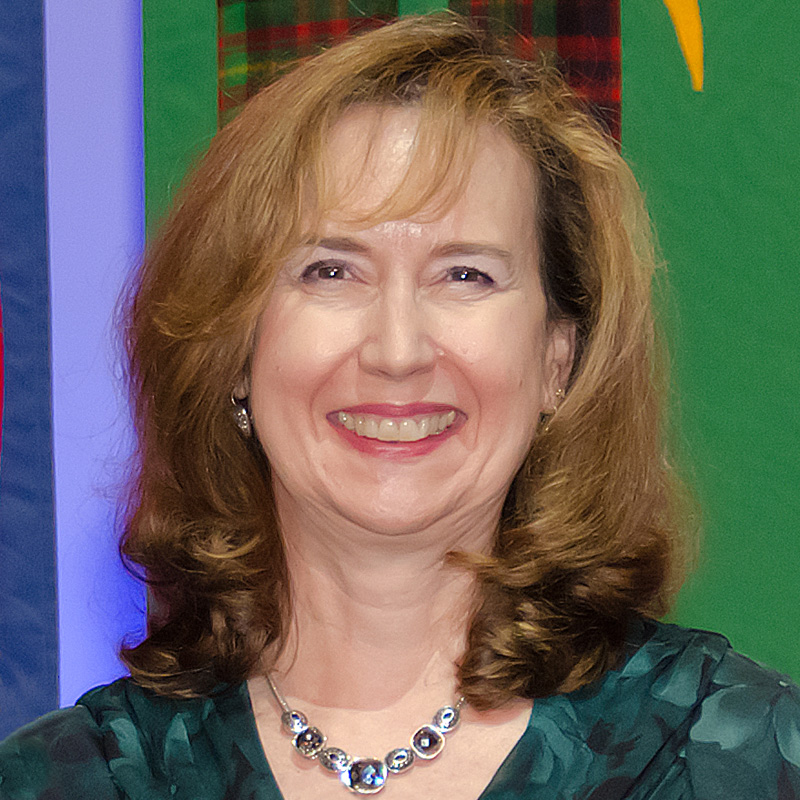
Karen Stump
Teaching Professor and Director of Undergraduate Programs, Chemistry
- Doherty Hall 1316
- 412-268-2340
Projects
Areas of Responsibility
My top five strengths according to StrengthsQuest are: Learner, Empathy, Relator, Developer and Input. My position draws upon these strengths in all of the varied aspects of my work as an advisor, educator and administrator with responsibilities in undergraduate education, advising, educational outreach, TA training and administrative oversight of the undergraduate program in chemistry. I am the academic advisor for students majoring or minoring in chemistry.
Curriculum Development
Much of my effort in curriculum development in the last five years has been related to the new MCS core education. Through leadership and/or service on several committees I have been involved in developing course proposals for the following classes:
| Course Number | Course | Units |
|---|---|---|
| 38-101 | EUREKA! Discovery and its Impact | 6 units |
| 38-230 | ENGAGE in Wellness: Looking Inward | 1 unit |
| 38-330 | ENGAGE in Wellness: Looking Outward | 1 unit |
| 38-430 | ENGAGE in Wellness: Looking Forward | 1 unit |
| 38-220 | ENGAGE in the Arts | 2 units |
| 38-110 | ENGAGE in Service | 1 unit |
| 38-301 | Propel (Junior Seminar) | 6 units |
In 09-221, Laboratory I: Introduction to Chemical Analysis, I have continued to work on experiment development thanks to the very able assistance from special faculty members hired to teach in the lab program. The course continues to be project oriented, each experiment taking anywhere from 3 to 8 lab sessions to complete. In 2004 I completely redesigned the content of Lab I, developing a thematic semester centered on wine analysis. The idea of a theme seems an interesting way to weave together a lot of otherwise disparate experiments so that there is broad exposure to a lot of techniques and experimental approaches but at the same time they don’t seem disconnected and appear to the students to be merely exercises. Subsequent thematic curricula has focused on beverage analysis, vitamin analysis, food analysis and forensic analysis.
Teaching Responsibilities
| Course Number | Course |
|---|---|
| 38-230 | Engage in Wellness: Looking Inward |
| 09-201/301/401/302/402 | Undergraduate Seminars I, III, IV, V and VI |
| 09-435 | Independent Study (Students can TA in lab classes for academic credit. I assign these students to classes, collect bi-weekly reflections and a final paper and assign midsemester and final grades) |
| 09-445 | Undergraduate Research (assist with research placements, convey general expectations, register students, collect final papers and midsemester and final grades) |
| 09-455 | Honors Thesis (convey expectations, organize thesis committees and Thesis Defenses) |
| 38-101 | EUREKA! (First Year Seminar in MCS) |
| 09-221 | Laboratory I: Introduction to Chemical Analysis |
| 38-230/330/430 | Engage in Wellness: Looking Inward; Looking Outward; Looking Forward |
| 38-301 | Propel (Junior Seminar in MCS) |
Awards and Distinctions
| Years | Award |
|---|---|
| 2017 | Teaching Innovation Award, Carnegie Mellon University for work on a committee that developed and implemented the new first-year seminar in the Mellon College of Science |
| 2011 | Award for Outstanding Contributions to Academic Advising and Mentoring is intended to recognize members of the university community who have achieved excellence in providing undergraduate and graduate academic advising and mentoring. The award is intended to recognize outstanding contributions in helping students at the university to define and achieve their academic goals. |
| 2005 | William H. and Frances S. Ryan Award for Meritorious Teaching given annually to a faculty member at Carnegie Mellon who has demonstrated unusual devotion and effectiveness in teaching undergraduate or graduate students. |
| 2005 | Honorable Mention for University/Post-secondary Teaching, Carnegie Science Center Awards of Excellence |
| 2005 | Outstanding Faculty Member Award presented by The Greek Council Carnegie Mellon |
| 2003 | Outstanding Faculty Member Award presented by The Greek Council at Carnegie Mellon to recognize continued and outstanding service to the Carnegie Mellon Community and the Greek system |
| 2002 | Recipient of the Regional Responsible Care Catalyst Award from the American Chemistry Council, The award recognizes her extraordinary commitment to and accomplishments in teaching, curriculum development, laboratory design, safety training, mentoring, and outreach to K–12 science teachers and students. |
| 1993 | Recipient of Julius Ashkin Teaching Award, given to one recipient each year for excellence in teaching in the Mellon College of Science, Carnegie Mellon |